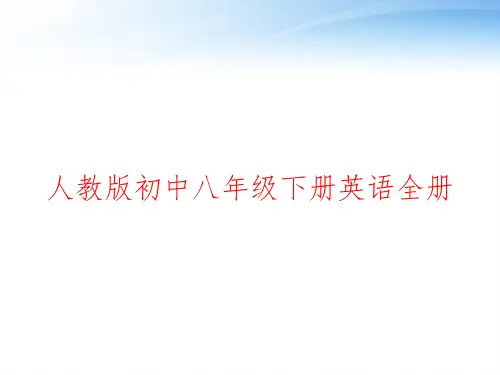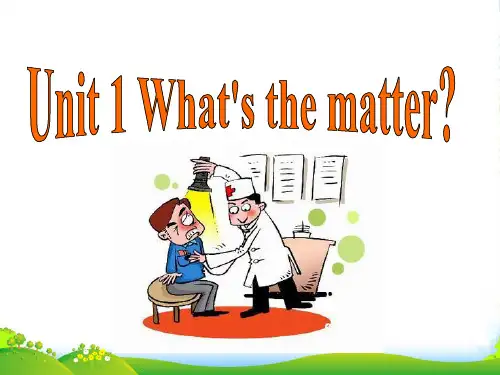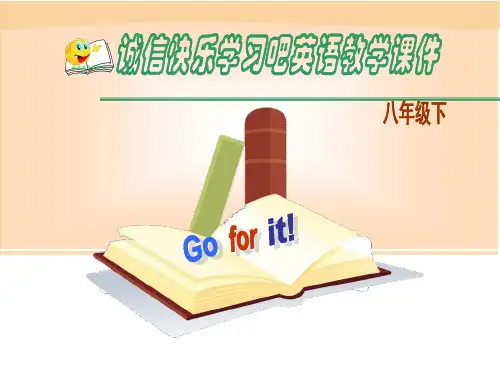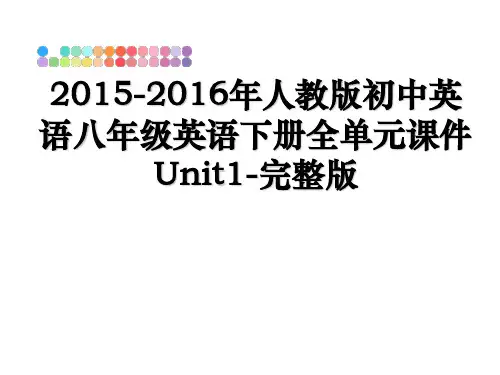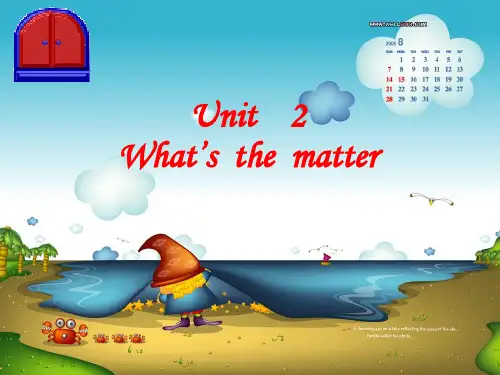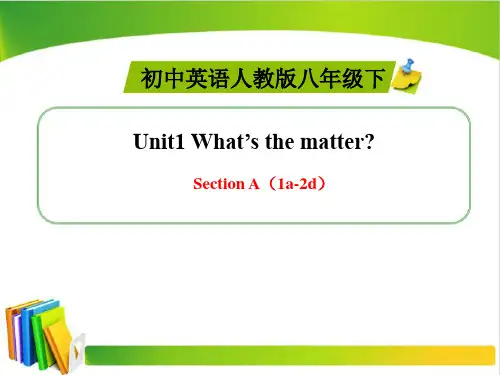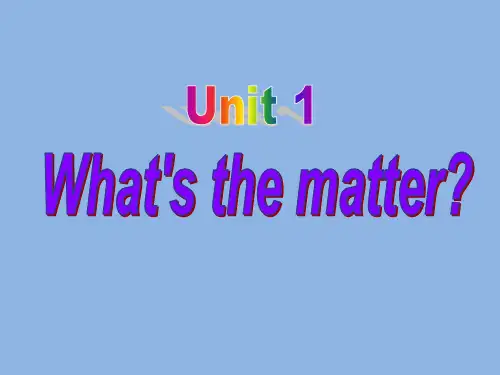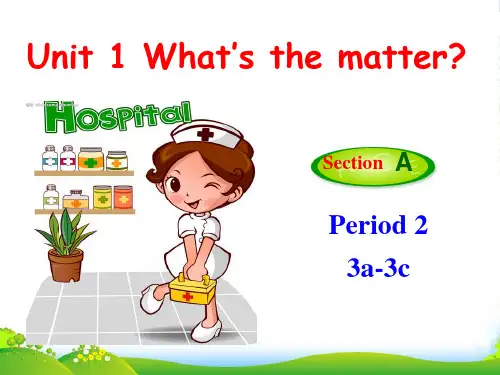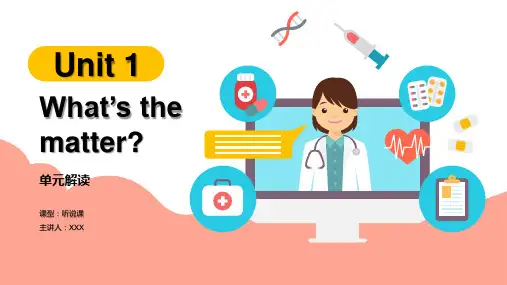Yes, they will. / No, they won’t.
Fun time: WhTaatswk2il:l your life be like in
10 years?
Education (school, computer, exams, learning method) Family life (food, clothes, chores, entertainment) …
1a: 语法 Learn a Sentence Structure — will + do 1. The backpack will carry you. 2. Cars will always have to stop for stop
signs. 3. The computer will punish you. 4. You will be able to drive to another
人教版八年级下册英语第 一单元课件
Period 1
Section A—1a~1c
1a:导入 Brainstorm all kinds of predictions in 2 minutes.(There are 4 people in a group.)
school life
daily life
science
future world
city…
Write down the predictions that most likely happen.
• There will / won’t be … • People will / won’t … • Kids …
Let’s predict our future! robot
There will be less pollution in the future.
